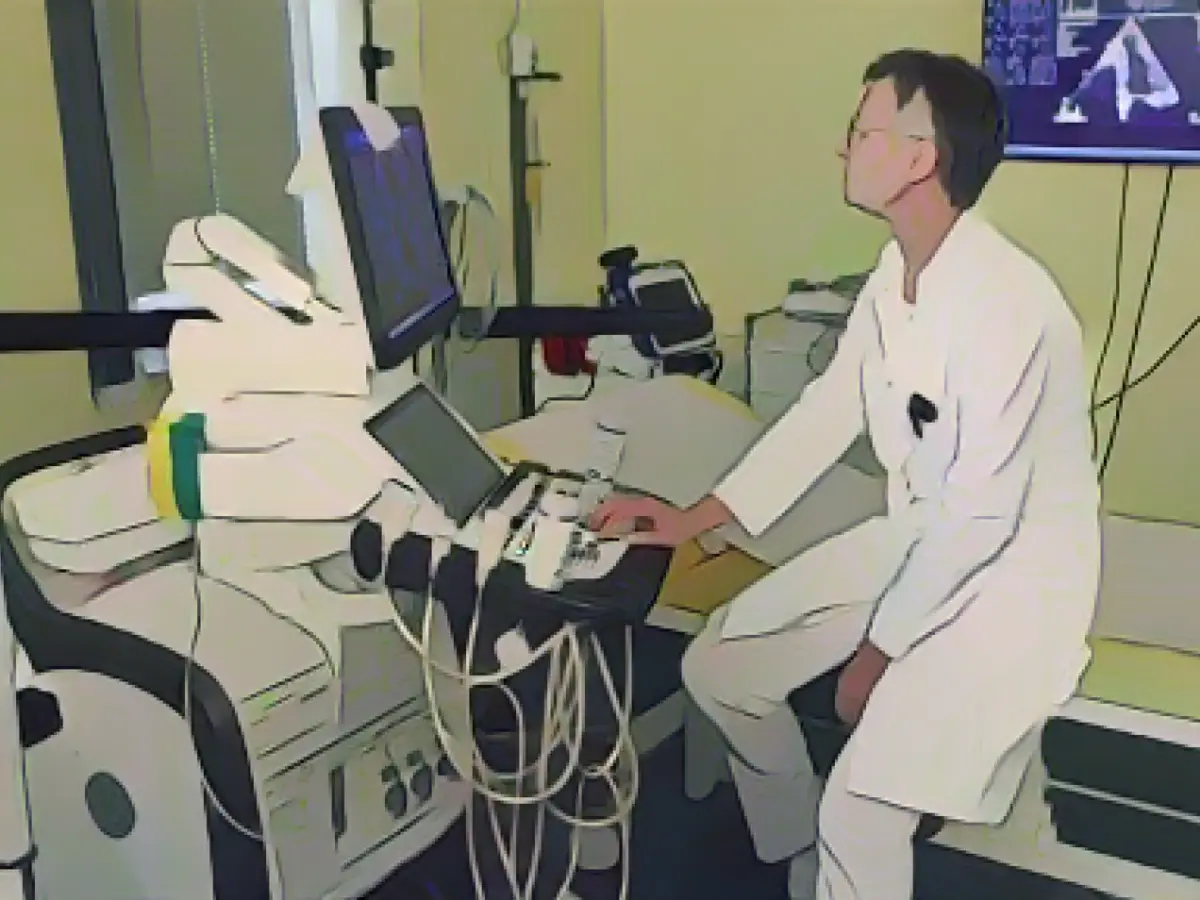Healthcare System Struggles Grip Insured Germans, Survey Shows
A significant chunk of insured individuals in Germany, as per a recent survey, voice dissatisfaction with the healthcare system due to various issues. This notion contradicts the general satisfaction reported by most Germans regarding medical care in Germany, as recorded in a comprehensive survey conducted by Siemens company health insurance fund, according to German Press Agency in Munich.
Parental Dilemmas Finding Pediatricians
The survey reveals that 28% of parents with children below 12 had trouble locating a pediatrician's office in Germany. An additional 31% endured unreasonable wait times for appointments, with 30% finding it difficult to secure quick appointments at general practitioners or specialist practices, even in urgent cases.
Primary Care Facilities' Satisfaction Levels
The survey also highlighted that 24% of the respondents did not regard emergency care in their region as guaranteed. Notably, 35% of those who had sought care personally or assisted someone in need remained dissatisfied with outpatient or inpatient care facilities. A further 2 percentage points reported having encountered delays in securing a placement in a nursing home or care services.
Overlapping Diagnostic Tests and Long Waits
Eighteen percent of respondents shared that redundant diagnostic tests took place due to results not being transferred between medical facilities. In some cases, the overburdened respondents had to endure duplicate examinations, with 54% of those in need of immediate care reporting multiple occurrences of this situation. Despite these setbacks, 77% of the participants expressed overall satisfaction with their doctors' practices.
Socio-economic Impact on Medical Care Accessibility
Interestingly, the survey revealed that the level of satisfaction with medical practices significantly increased with household net income. The data showed that only 71% of individuals with a net income below 1000 euros were satisfied, while 83% of those with at least 4000 euros expressed contentment. Furthermore, this higher-income group was more likely to secure appointments within a reasonable time when needed.
Critical Challenges in the German Healthcare System
Recent surveys and studies have pinpointed several lingering challenges faced by individuals seeking healthcare in Germany. These challenges include:
- Under-utilization of General Health Check-Ups: Despite the legal requirement of general health check-ups for timely disease detection, older populations have shown a lack of initiative in using this service, leading to substantial losses in preventative care.
- Accessibility Issues in Rural Areas: While primary care is generally available in rural areas, rural populations often struggle with access to specialists and hospitals as compared to urban centers.
- Long Waiting Times for Specialist Appointments: The public healthcare system may exhibit extended waiting times for certain specialist appointments or elective procedures, but overall waiting times remain relatively short.
- Insufficient Outpatient Psychotherapeutic Care: The availability of outpatient psychotherapeutic care for children and adolescents in Germany is seemingly inadequate, with significant variations in data accuracy. Approximately one in six to seven children and adolescents require psychotherapeutic treatment. However, only one in 50 receives guideline-based psychotherapy. Substantial demand for initial psychotherapeutic consultations remains unmet, with waiting times surpassing 6 months for at least half of the patients.
- Private vs. Statutory Health Insurance Debate: The debate over the advantages of private health insurance versus statutory health insurance persists, particularly in relation to accessing specialist appointments and elective procedures.
Addressing these challenges requires systematic improvements in the healthcare system to accomplish equitable access for essential medical services.








